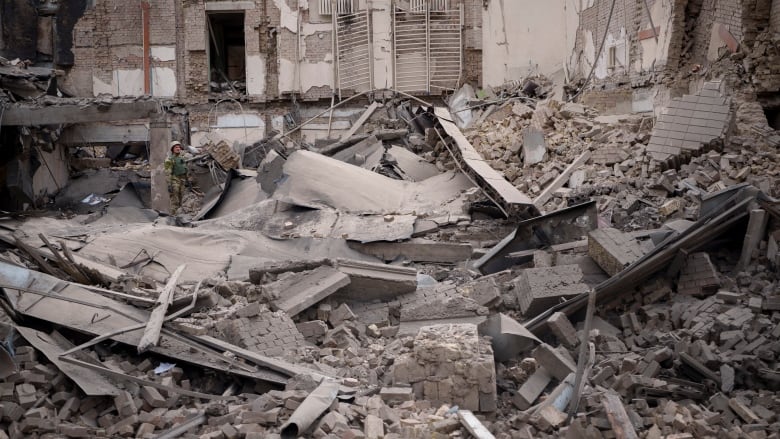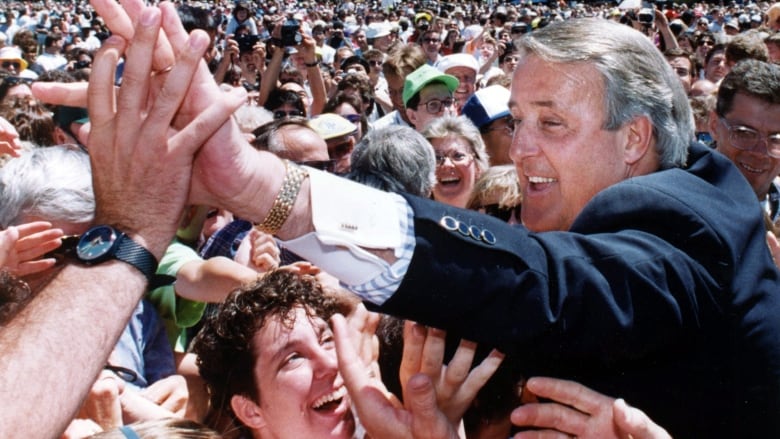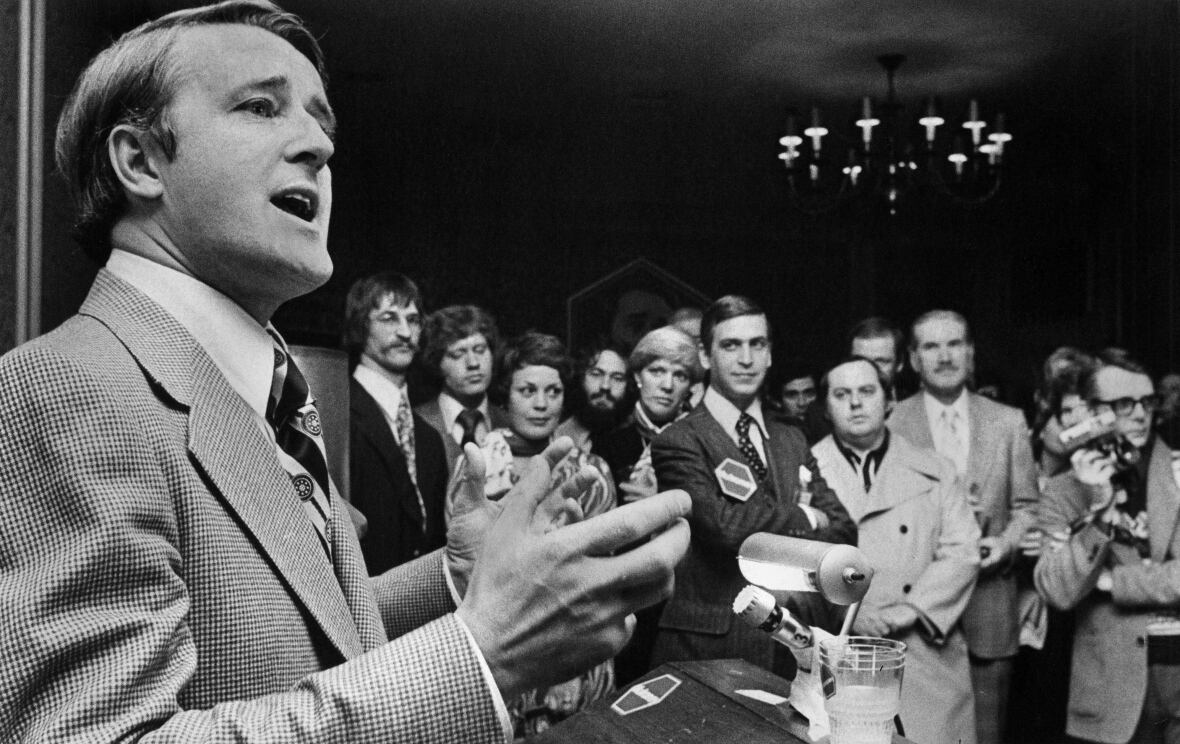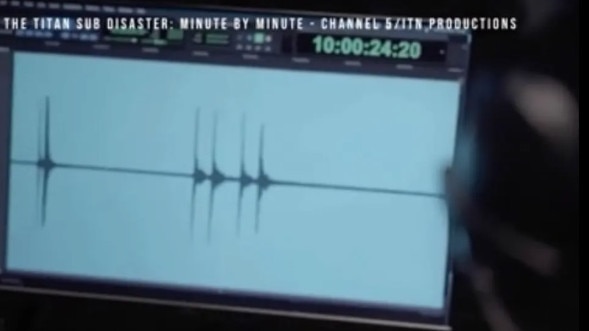This article is more than
2 year oldThe Ottawa convoy has 'shattered norms' for protest in Canada. Will we see more of it?
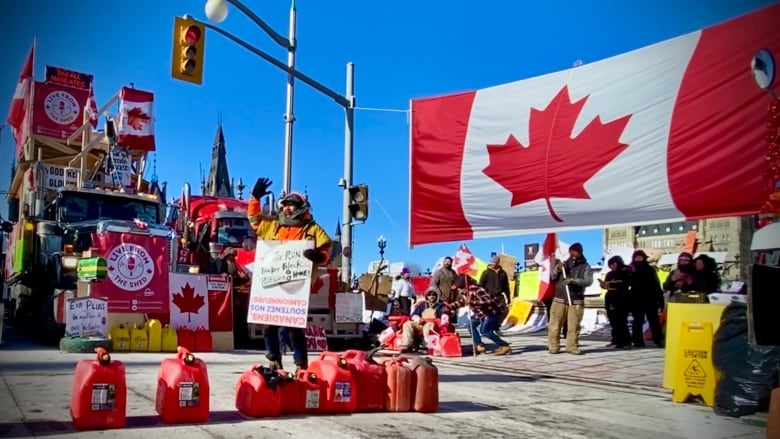
The scenes that unfolded in downtown Ottawa over the past three weeks have been described by people living there as disruptive and frightening. For people right across the country, they've also been eye-opening.
Anyone who thought this kind of dug-in, angry occupation of streets in a capital city would never happen in Canada was proven wrong by how quickly and easily Ottawa was brought to a standstill by the so-called Freedom Convoy.
What's more, as the days of diesel-spewing truck idling and intrusive horn-honking went on, there has been disbelief at how little anyone seemed willing — or able — to do. Peter Sloly resigned as Ottawa police chief on Tuesday, after days of criticism over how the convoys were handled from the beginning.
The seeming paralysis of the Ottawa police, the lack of early intervention from the premier and the political posturing over substantial action at the federal level to deal with the weeks-long blockade of the streets have led to speculation that the convoy's tactics could become the new norm.
Experts, including some who have spent time in the crowds, say the occupation will probably have some lasting effects, but it is unlikely to become the new face of protest.

Shattered norms
It's not known why Ottawa police allowed the convoy protesters to set up where they did in the downtown core or expected them to leave after a few days.
But Regina Bateson, who studies human rights and the political consequences of conflict and violence, says that's a key question.
"I think there needs to be a very active look at what real racial bias or preference may have played in how the group was initially assessed and why they were deemed to be not particularly threatening, even though they clearly are," she said.
"Other protesters, in particular Black and Indigenous groups have been treated much more harshly in the past."
Bateson, an assistant professor of public and international affairs at the University of Ottawa, said the events that unfolded in Ottawa have "shattered norms" and that the participants have established new tactics and "pushed the envelope of the possible in Canada."
"What we've seen in Ottawa is something that had elements of a protest to start with, that then morphed into an illegal occupation, that now has significant foreign involvement, as well as more organized militia-style activity happening," she said.
She believes other groups are unlikely to succeed if they decide to emulate their tactics.
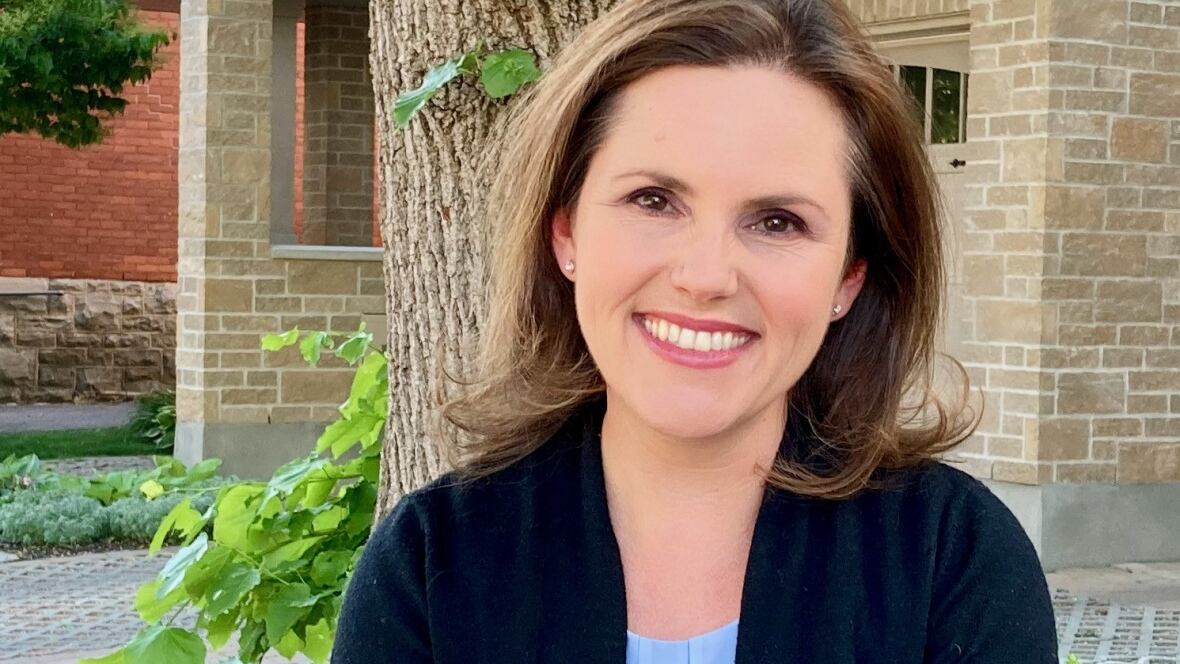
Protests generally involve the gathering of people to express a collective disagreement about a government policy or something going on in society.
The Anti-Defamation League cites a number of goals a protest can have, including to influence public opinion, draw attention to and share information about a perceived injustice or gain a wider audience for the cause.
Sometimes protesters do break laws in the course of their actions.
"They have some sense that there are laws, that they may try to disturb a bit, but they know they're breaking the law," said Joao Velloso, associate professor at the University of Ottawa's faculty of law. "When an Indigenous group is blockading a train from passing, they're going to tell you that they're breaking the law to achieve a certain thing."
Velloso spent several days in the streets of Ottawa during the truck blockade, speaking to the people who were part of it.
"Most of these guys downtown, they don't believe they are breaking the law," he said.
Prior to the police moving in on the occupation Thursday evening, at least 25 people had been arrested. As of Friday evening, more than 100 people had been arrested, including organizers Chris Barber and Tamara Lich.
Velloso described what happened in Ottawa as akin to holding people hostage.
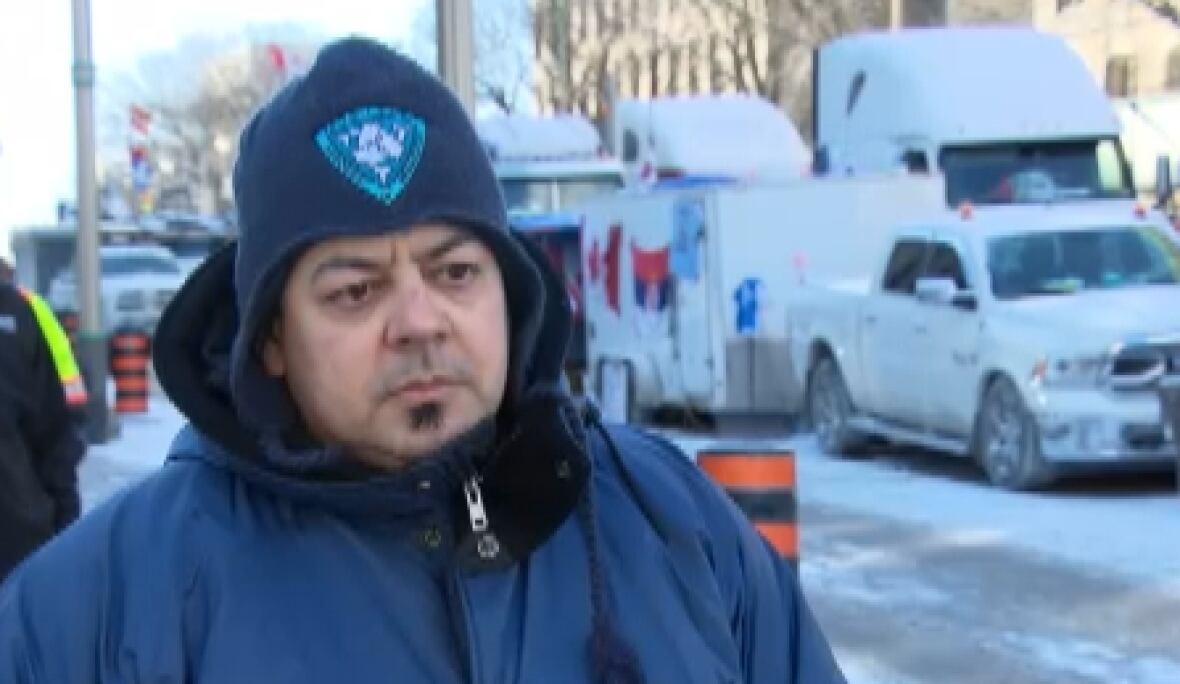
Loss of public support
If the goal was to influence public opinion, the convoy members lost the support of the general public pretty quickly.
An Angus Reid poll out this week suggests nearly three-quarters of Canadians (72 per cent) believe the convoy members should go home. Further, 44 per cent of those polled said they are now more likely than before the convoy action to support vaccine requirements at the Canada-U.S. border and indoor mask requirements in their communities.
Colleen Coffey has been organizing and taking part in protests for more than 30 years, most recently as Atlantic Regional Executive Vice-President for the Public Service Alliance of Canada.
"I probably have broken the law more than once," she said. "But not in such a way that I was going to cause harm to any individual or group of people."
She said she has always operated from the position of "you make your point, and that's it. And it's not about hatred or inflicting suffering on people."
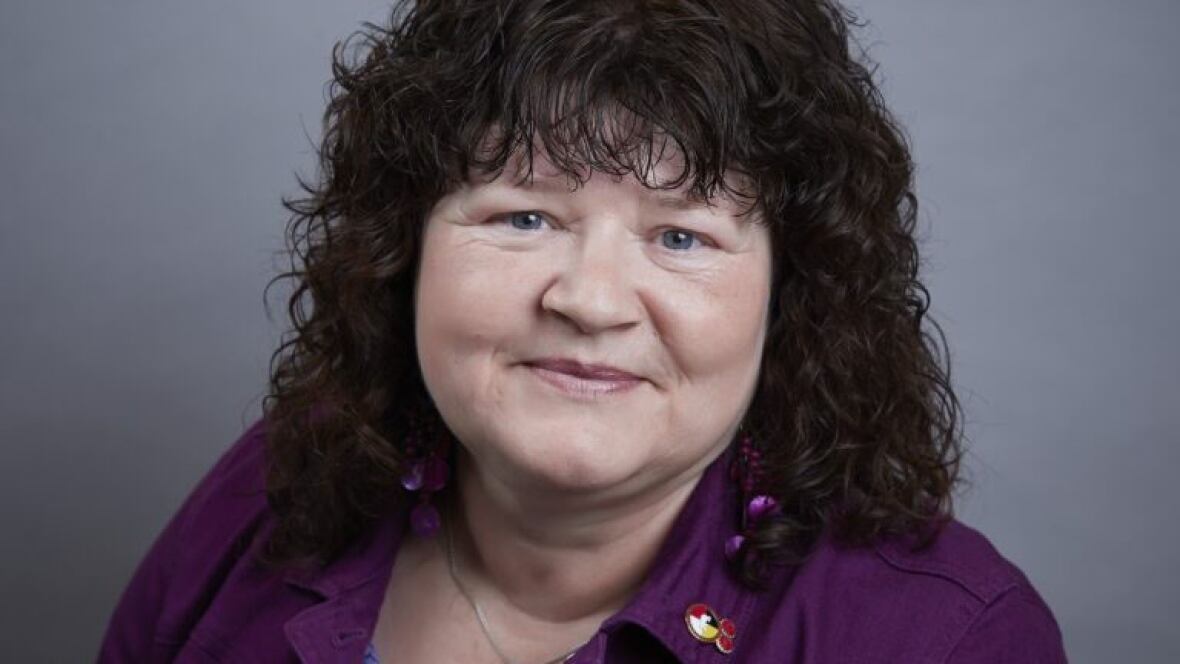
By contrast, observers suggest some convoy members in Ottawa aimed for that — from attacking those wearing masks to relentless honking to desecrating the National War Memorial.
Bateson recalled a video that circulated of one member in particular, who was angry about COVID-19 vaccine mandates.
"His rationale for why they were blowing the horns was to make other people suffer the way he had already suffered. So it was actually a rationale of retaliation and not about, like, expressing anger to authorities."
And the problem, she said, was that police failed to act promptly.
WATCH | How the convoy is forcing the end of some relationships:
'A fundamental epic failure'
"Nothing really went right here," said Christian Leuprecht, a professor at Royal Military College and Queen's University in Kingston, Ont.
The security expert says there was clear failure by all three levels of government when it came to preparing and dealing with the onslaught of trucks.
"A modern state has three basic functions: security, prosperity, democracy," he said. "If you don't have security and safety for your population, you won't have a prosperous country and you won't have a democratic country.
"And what we see in Ottawa is a fundamental epic failure of all levels of government to provide for the most basic function of the modern state."
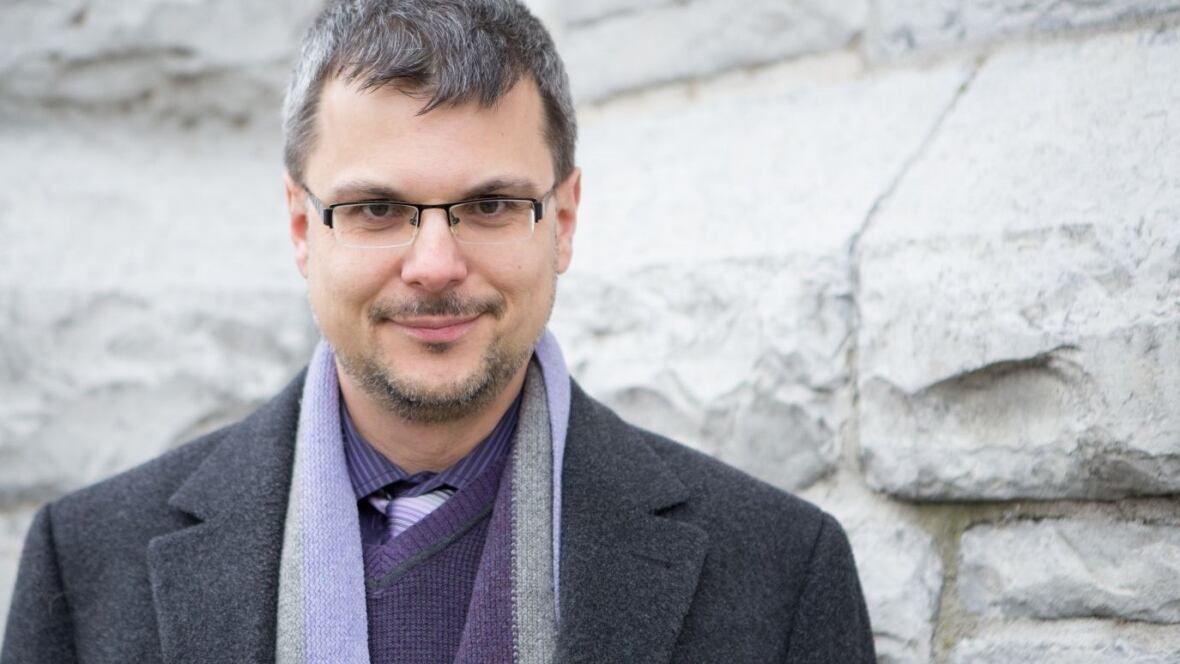
Leuprecht said the problem runs even deeper than simply police inaction.
"From the beginning, we have people thumbing their noses at the rule of law and the Constitution and our democratic institutions. Making claims they want to bring down the prime minister," he said. "Clearly seditious type of activity among a minority — or perhaps a majority of the protesters, who knows? But the state was nowhere to be seen."
Leuprecht said a much heavier-handed approach should have been used from the onset, and warns what happened did not escape notice abroad.
"You can also bet that our adversaries in Moscow and Beijing and elsewhere are also watching, as well. How do you bring down Canadian democracy and disrupt Canadian democracy? Support a few fringe groups that resort to unlawful protest measures."
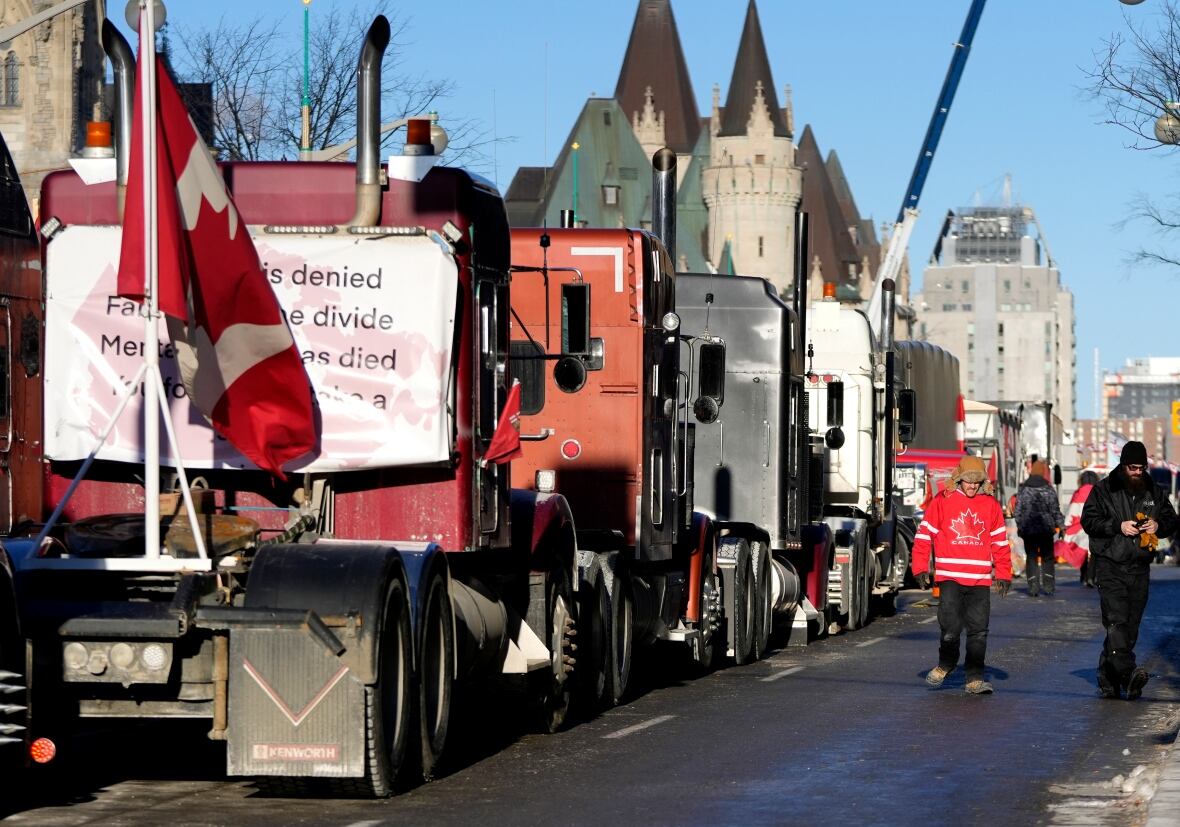
Leuprecht thinks the intelligence as the convoy was approaching Ottawa was flawed, and only concerned with a certain type of extremist group.
"For 20 years, we've been so singularly focused on jihadi terrorism," he said.
"Imagine if instead of that Confederate flag, that would have been an ISIS flag carried by a guy in a beard who identifies publicly as Muslim," he said. "Do you think the enforcement might have been just a tad different?
He says there should be a Royal Commission to figure out exactly what went wrong in Ottawa and to ensure it never happens again.
"Our law enforcement and national security system came under limited stress by a few thousand protesters, and the system completely collapsed, as far as I can tell," he said.
"That suggests to me we need a complete overhaul of our institution, of our capabilities, of our legislation. The system is not working."
WATCH | Why the government says it needed the Emergencies Act to dismantle the convoy:Emergency Preparedness Minister Bill Blair talks to Ian Hanomansing about why it was necessary to invoke the federal Emergencies Act to try to end the protests. 2:38
Angus Reid surveyed 1,622 Canadian adults online from Feb. 11-13, 2022 who are members of Angus Reid Forum. The margin of error of is +/- 2.5 percentage points, 19 times out of 20.

Keywords
Newer articles
<p>Seven men and five women have been picked, along with the first of what is expected to be a group of six alternates. Two jurors selected earlier were dismissed, and Donald...
Congress gets closer to forcing TikTok to be sold or face US ban: What's ne
Israel Launches Retaliatory Strike Against Iran
Apple deletes WhatsApp, Threads from China app store on orders from Beijing
TikTok ban now ‘inevitable’
Ukraine ‘will have a chance at victory’ with new US aid, Zelenskyy says
Israel Iran attack: Damage seen at air base in Isfahan
Who will be Trump’s VP? A shortlist
‘URANIUM’: Terrifying detail about Israel’s strike on Iran emerges
US vetoes Palestinian attempt to gain statehood at the United Nations
